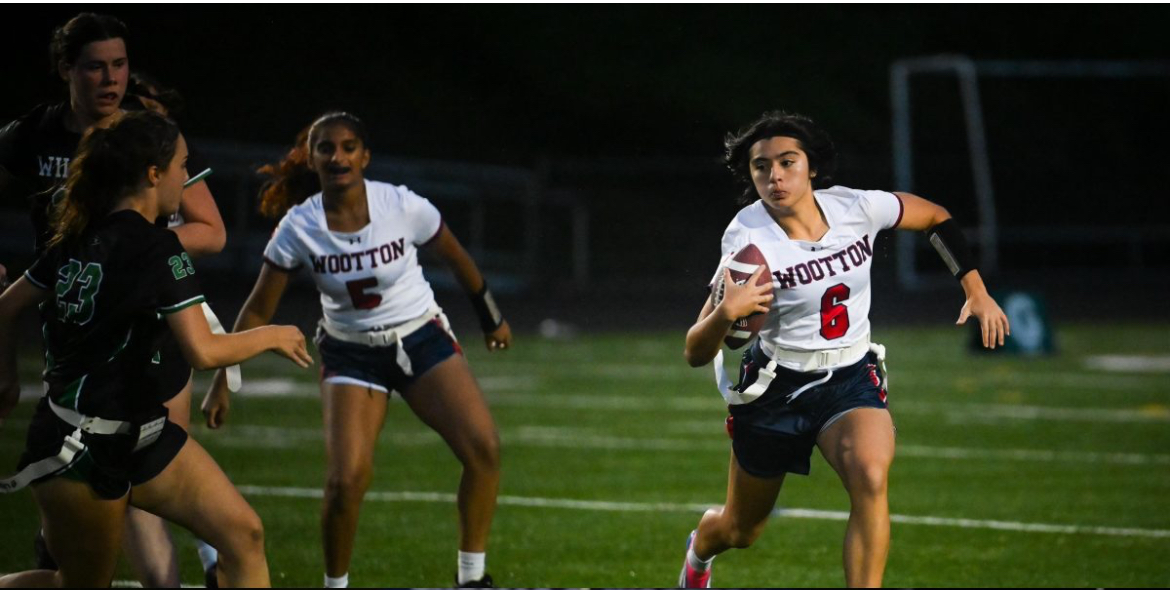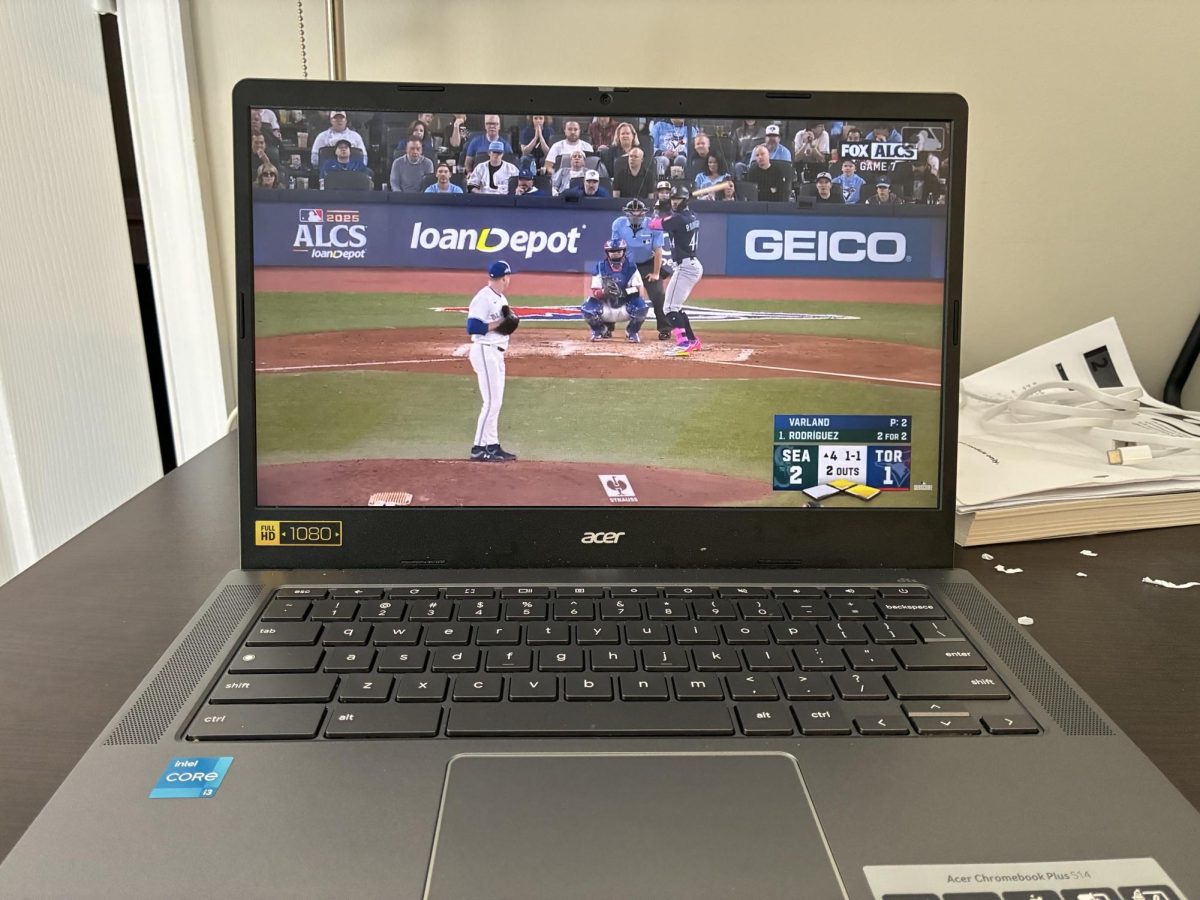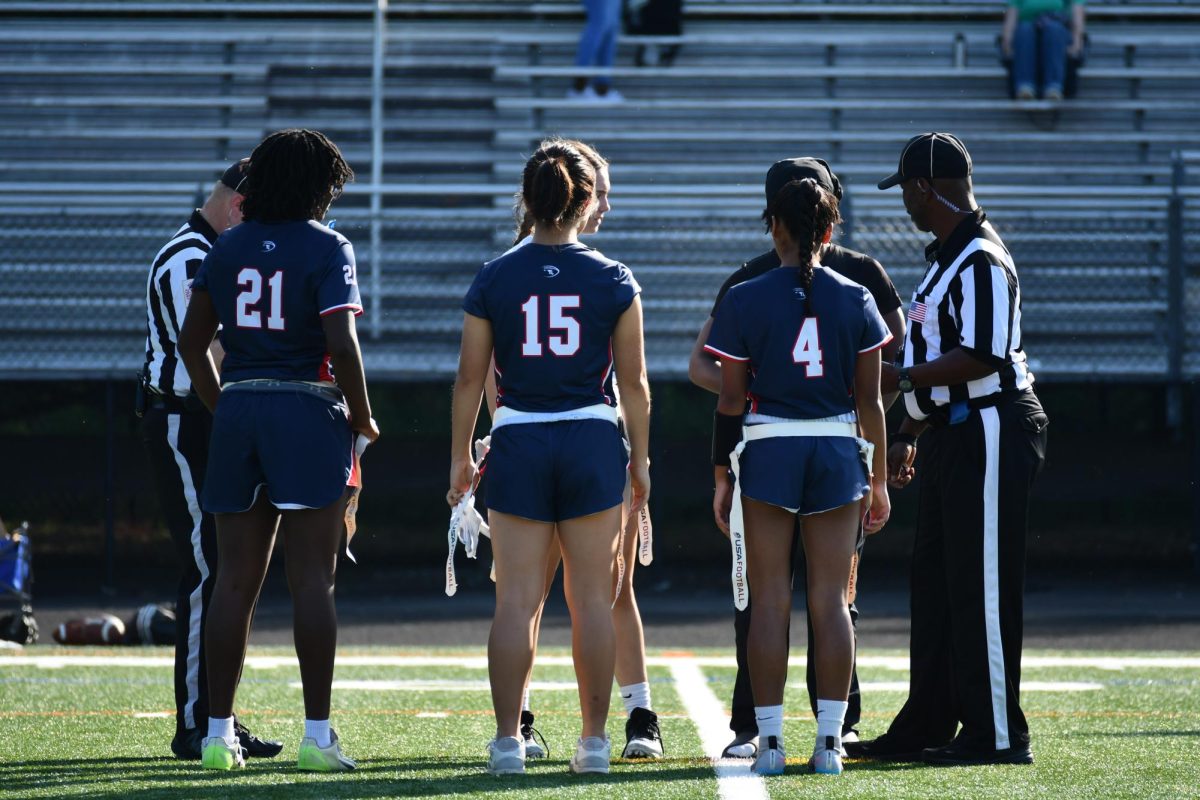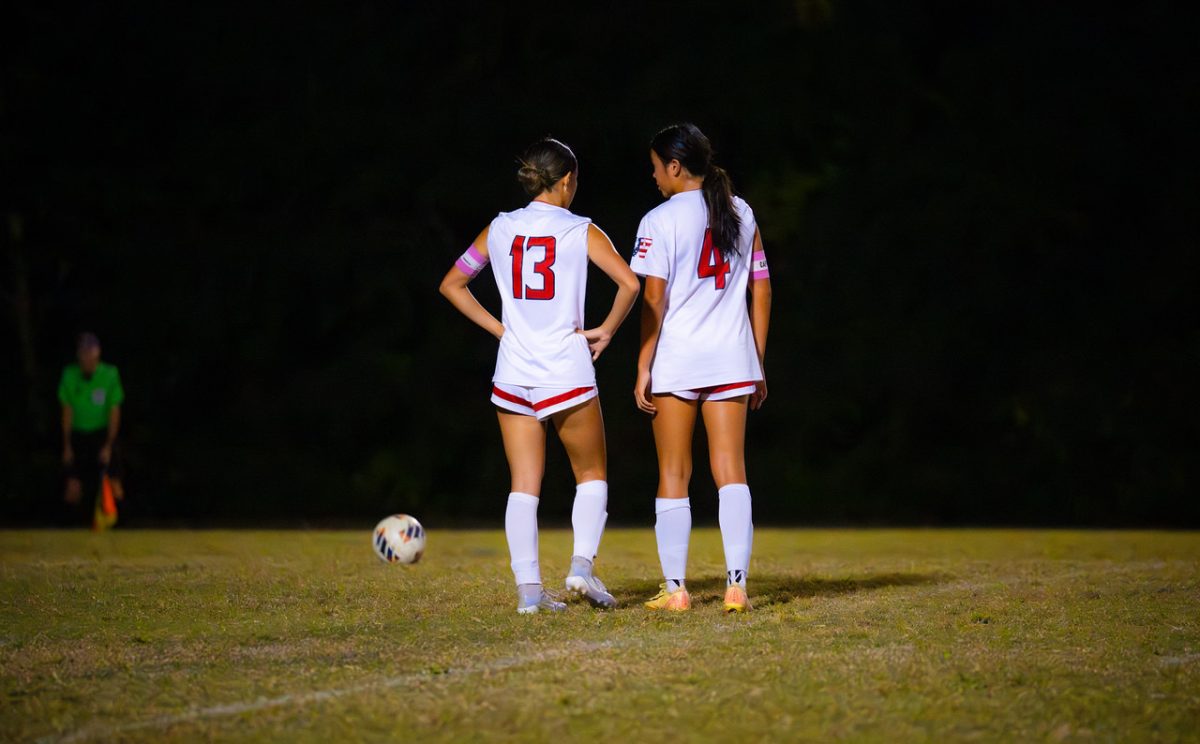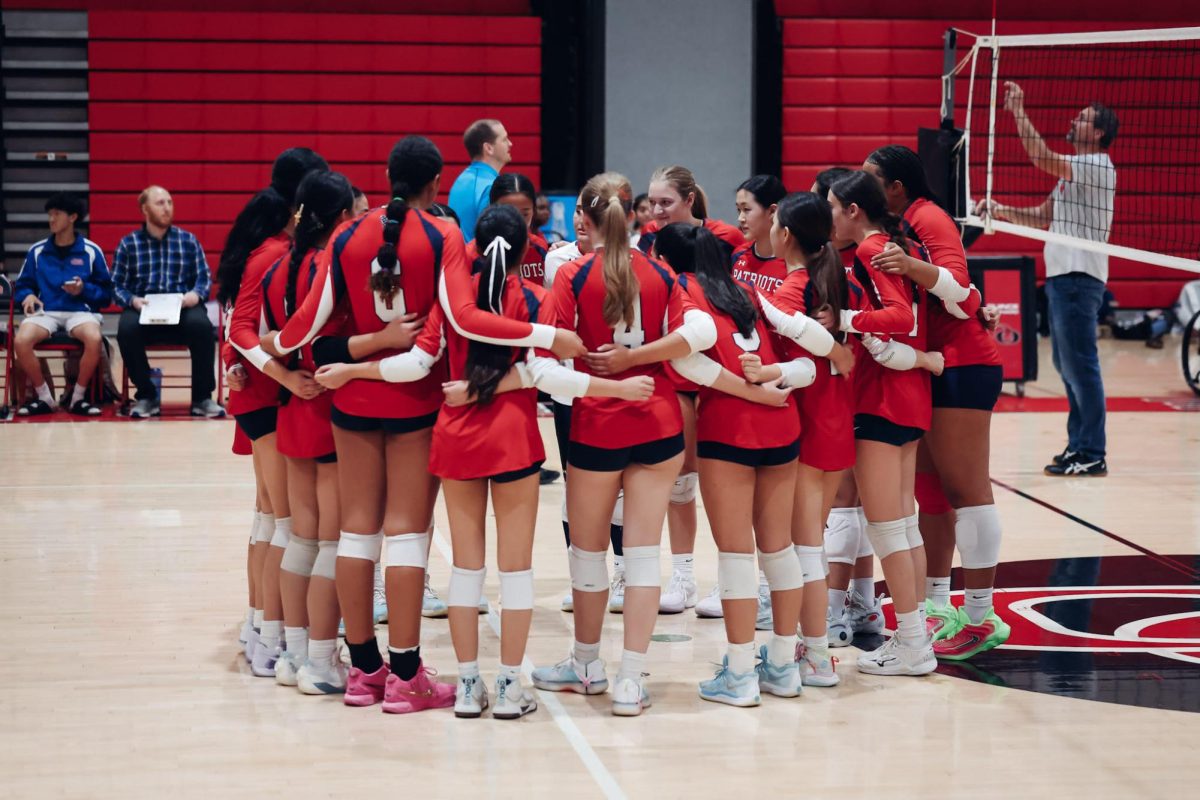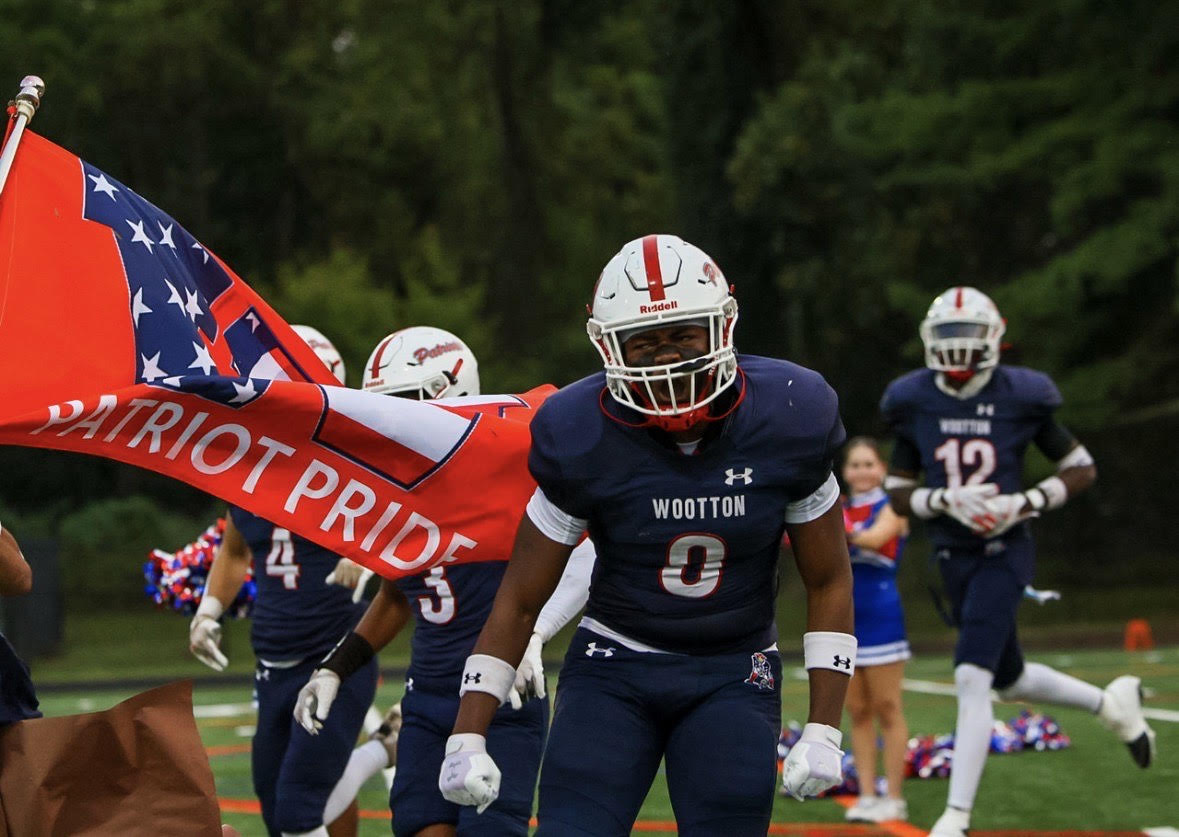At the U.S. Open back in August 2023, tennis player Coco Gauff advocated for herself when her opponent broke the serve rule multiple times and was not prepared when Gauff was ready to serve, but the chair umpire only penalized Gauff’s opponent once for her actions. At one point during the match, Gauff walked to the chair umpire and stood her ground, advocating for herself and stating all the ways her opponent had broken the rules. Fans applauded her for doing so.
In sports a referee can make or break a game. Bad calls and bias can set a great team up for a tough match. But what happens when a player speaks out against the calls made against them or their team?
Getting penalized can be frustrating, but when players know they have not done anything wrong or haven’t done enough for a call as severe as what they received, the feeling is even worse. Typically, professional athletes advocate for themselves. Students at this school have not been as lucky as Gauff when it comes to the referees’ attitudes. “I was playing against a friend’s team, but his dad was one of the linesmen. My team was down 2-1 in the last couple of minutes, and we had a counterattack down the wing. My teammate took a big touch and ran around the defender, but when he caught up to the ball, [the] dad called it out. Another teammate walked up to the center referee and said something like, ‘Of course, he’s going to make that call. He’s number 13s, dad,’ and then he got booked,” junior Daniel Yaya said.
Referees may admit to bad calls and judgment, but that’s a rarity. “This one time the referee called a penalty when it wasn’t, then later told my coach he was wrong about the penalty,” junior Leah Antony said.
In high school athletics, players report cases of full-blown bias. Calls that should be made get no voice, and ones that have no substantial reason are made all too often. “One time, one of the referees was cheering for the other team when they did something good,” Antony said.
While this happens to players quite often, there are also instances where the coaches get carded because they speak out for their team. “For volleyball, my setter got called by a referee for a lift, which was clearly not a lift. She started arguing with him and got a yellow card, then my coach got so mad he threw his plastic clipboard, and it shattered, and he got called for a red card,” freshman Lilly Zimerman said.
Although high school athletes may face repercussions for talking back to referees and umpires, sometimes it’s worth the fight because you never know if that could be the call that costs you a game.



